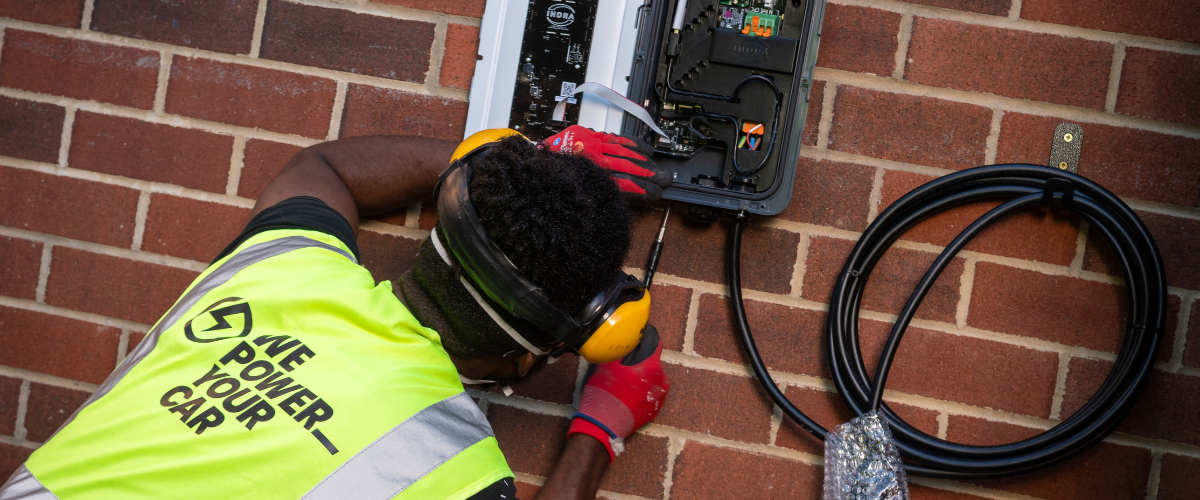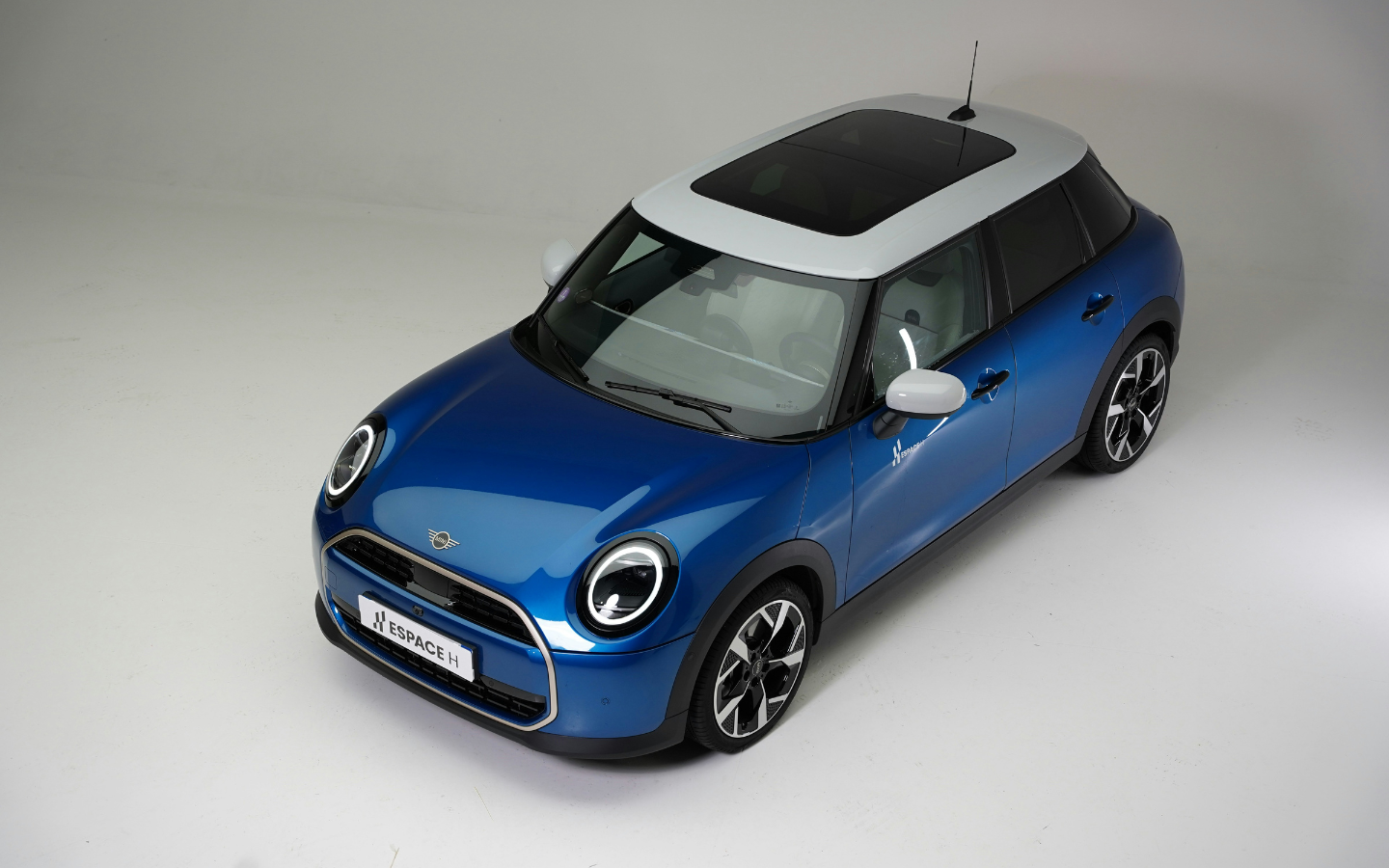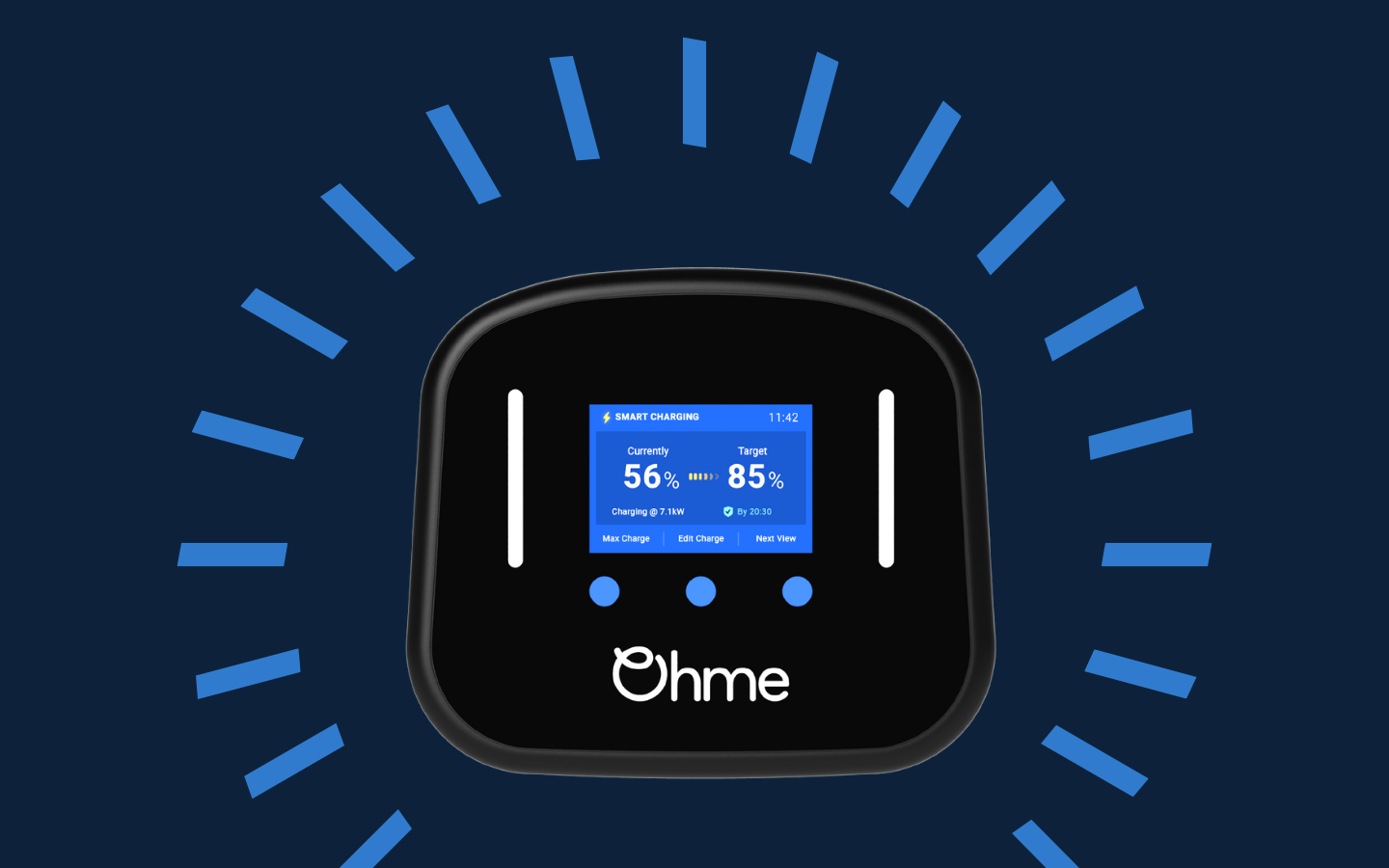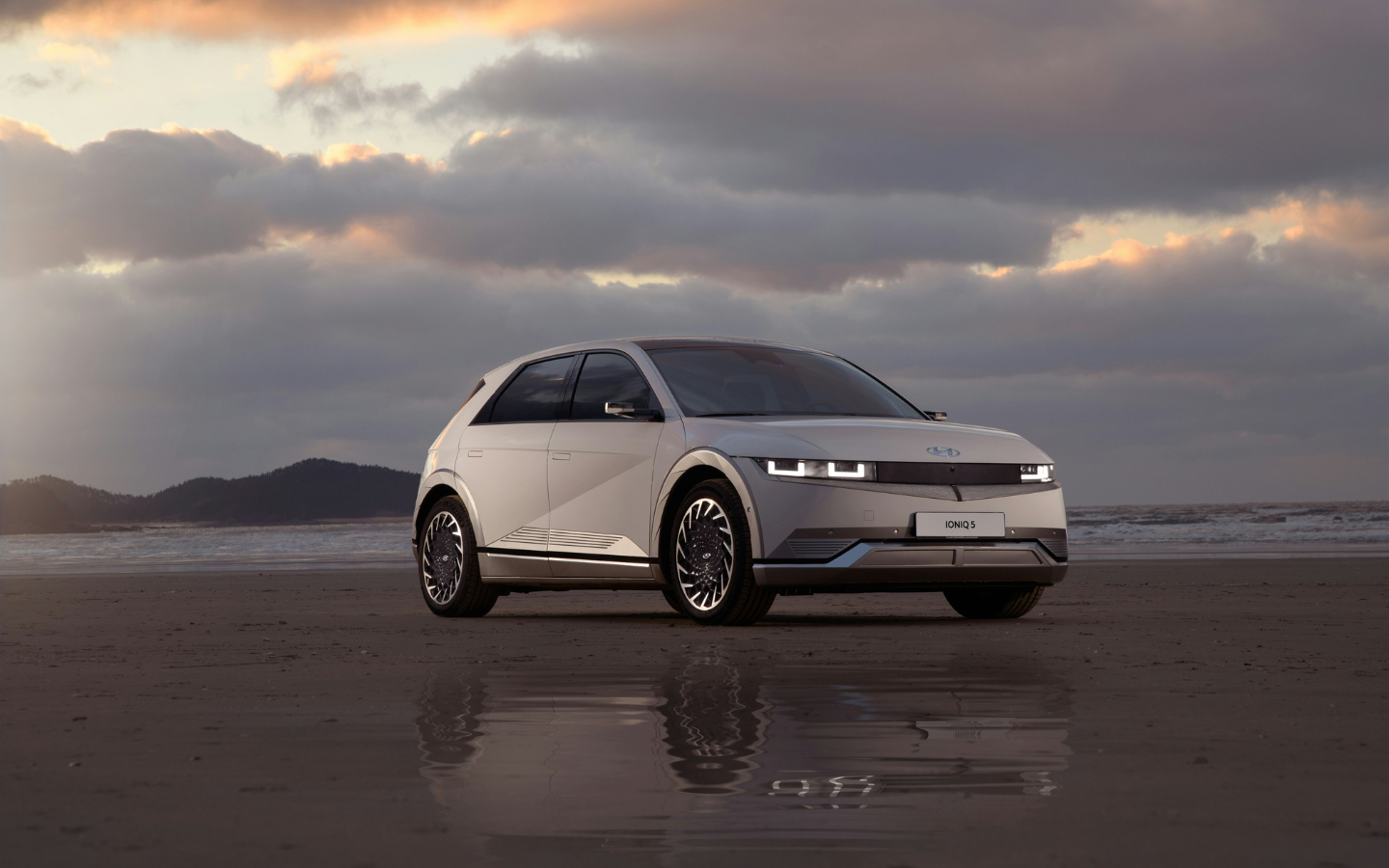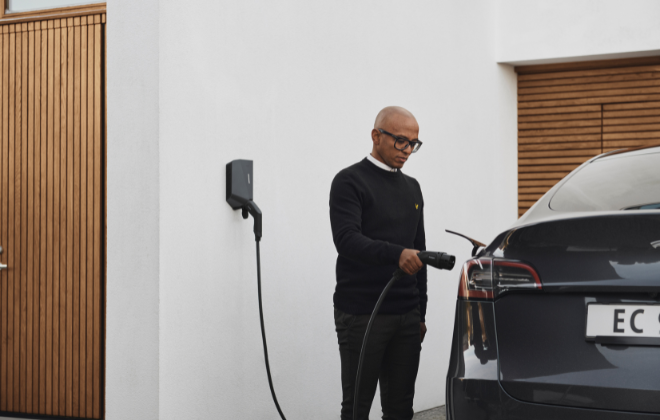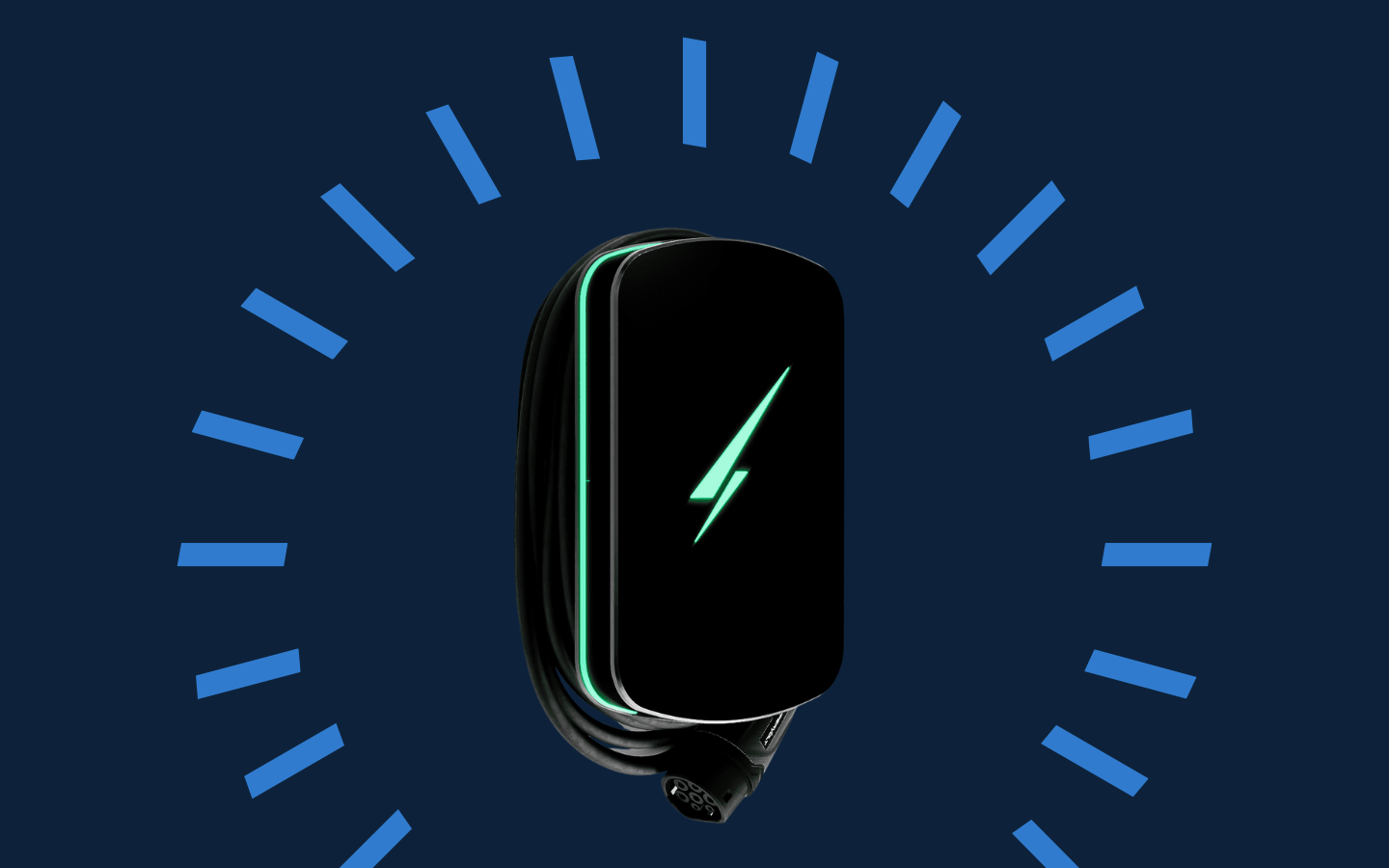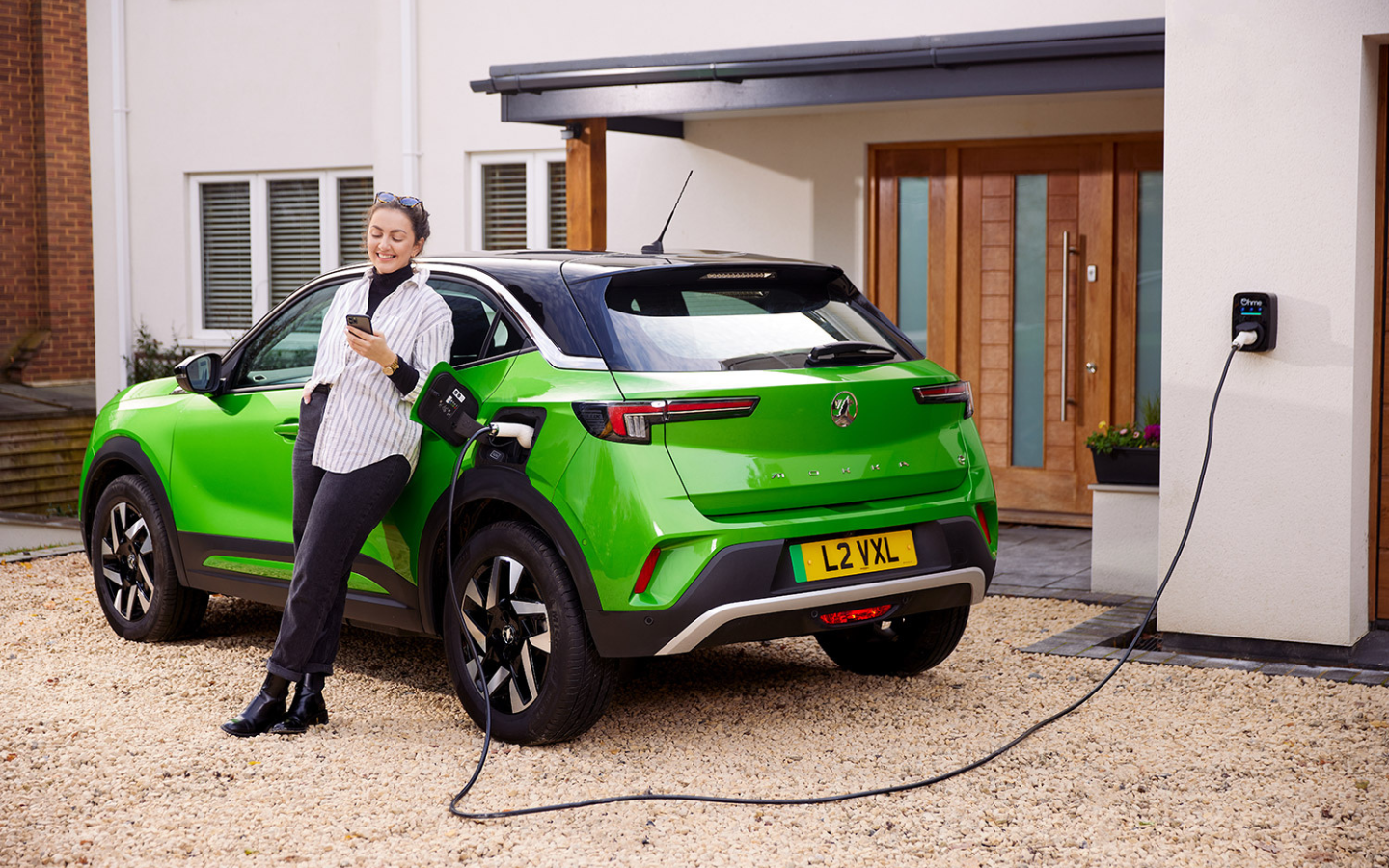
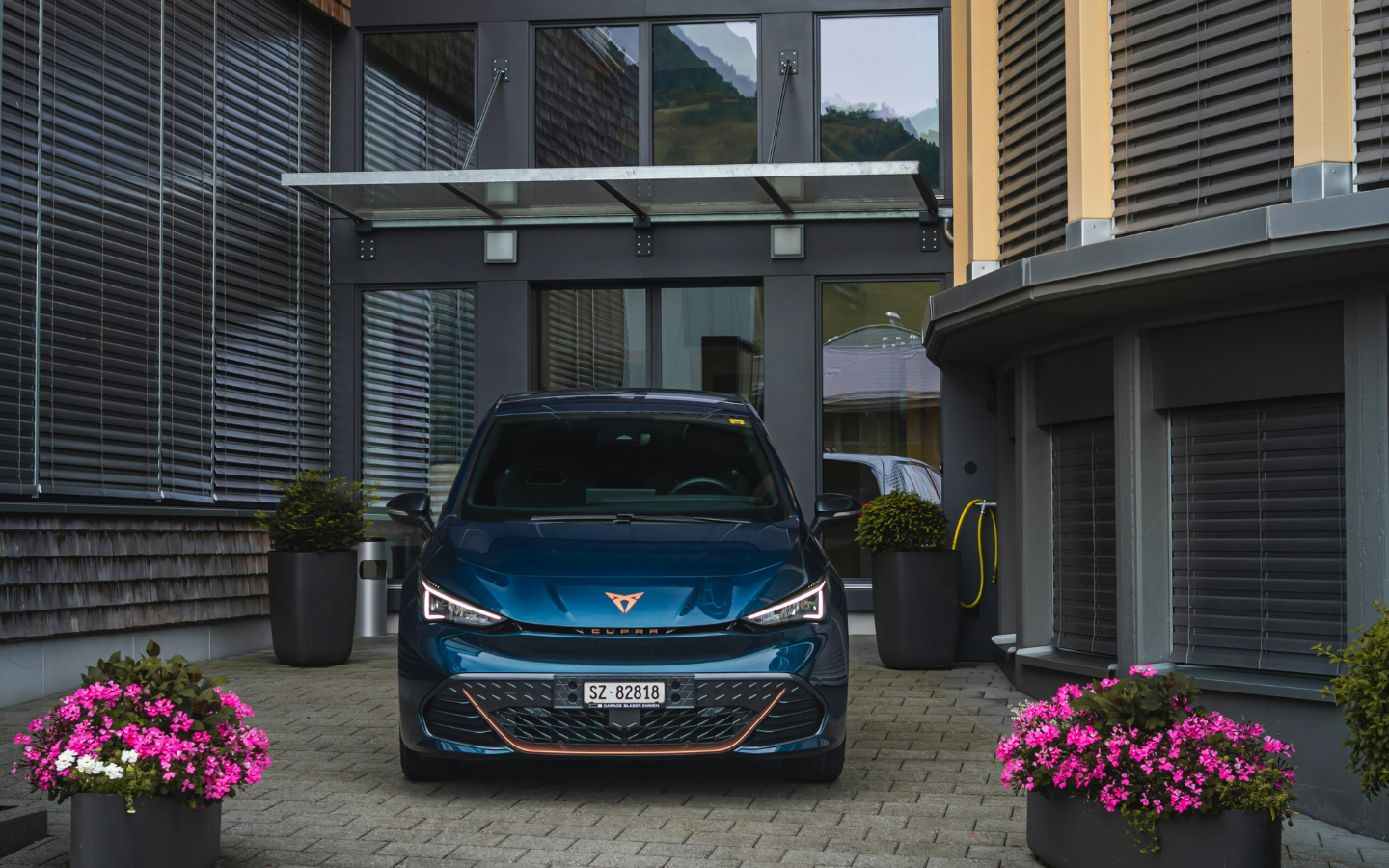
The Smallest Electric Cars in the UK - Mini but Mighty
Small cars are synonymous with easy parking, zipping around urban areas, and tiny boot space. But when it comes to electric vehicles, how small can you go?
While electric cars have great benefits, such as lower running costs and quieter driving, are small EVs a worthwhile investment?
Stay tuned as we investigate the smallest electric cars in the UK, answer what the smallest electric car in the UK is, and discuss the pros and cons of small electric vehicles.
Quick summary:
- The smallest and cheapest electric car in the UK is the Citroën Ami.
- There is a wide range of small EV cars on the UK market. The smallest electric cars include the Citroën Ami, Fiat 500 Electric, Mini Cooper Electric, Dacia Spring, Cupra Born, Peugeot e-208 and Citroen e-C3.
What is the smallest electric car in the UK?
Pre-2021, between the years of 2012 and 2021, the crown of the smallest electric car was placed on the heavy head of the European Renault Twizy. With a teeny, tiny height of 2.34 metres against a 1.24 width, the Twizy had our heads in a spin— and that’s not to mention the unique design of the car.
However, with this leaving dust in its wake as it was torn from the market, the Citroën Ami EV now leads the charge as the smallest electric car on the UK market to date. Or, technically, the smallest quadricycle.
Sized at approximately 2.4m – 2,410 mm L x 1,390 mm W x 1,520 mm H, the Citroen Ami is the perfect small electric, four-wheel drive for those who like the freedom of parking wherever they choose or drivers who grab the steering wheel for a fast-paced, urban life where every millimetre of space matters.
Not only is the Citroën Ami the smallest electric car in the UK, but it’s also the cheapest, with a price tag of £7,695 to £8,595. The small Citroën electric car is perfect for city driving and your bank account.
What are the smallest electric cars in the UK?
Here’s a list of some of the smallest EVs on the market in 2026:
- Smart fortwo EV (2,695 mm L x 1663 mm W and 1,555 H)
- Fiat 500 Electric (3,632 mm L x 1,683 mm W x 1,527 mm H)
- Mini Cooper Electric (3,858 mm L x 1,756 mm W x 1,460 mm H)
- Dacia Spring (3,701 mm L x 1,583 mm W x 1,485 mm H)
- Cupra Born (4,324 mm L x 1,809 mm W x 1,540 mm H)
- Peugeot e-208 (4,055 mm L, 1,745 mm W, and 1,430 mm H)
- Citroen e-C3 (4,015 mm L x 1,755 mm W x 1,577 H)

What should I consider when looking at a smaller electric car?
The warning signs:
1. Keep in mind the EV battery size
Smaller electric cars have smaller batteries. It’s just simple science. Why is this important to you? Simply put, the smaller your battery pack, the smaller your EV range—and the more you’ll have to charge your EV.
Of course, this depends on how often you drive daily and how far you go. So it’s down to personal considerations. Bigger doesn’t always mean better, but it does mean you can go further without charging.
This isn’t the be-all and end-all, though. If you have a home EV charger, for example, this is an easy fix. It’s like having a personal petrol station on your property—but without the poisonous petrol fumes. Charge when you want from the comfort of your own home.
Plus, you’ll be able to charge much cheaper than a public charging point by taking advantage of an EV tariff, reducing running costs. For example, British Gas offers an EV tariff where you can charge for as little as 7.9p per kWh with the right home charging eco-system. So, with cheap and convenient charging, plugging in and driving off isn’t an issue—simple, smart home charging.
Fear not, though—even without a home charger, you’ll still easily be able to manage the dreaded school run or nip for the weekly shop with a small electric car charger on your given range.
That said, if you travel frequently for business or find yourself on long cross-country trips for pleasure, perhaps a smaller electric car is not the right electric fit for you. Overall, while with internal combustion engines, you don’t have to consider it, it’s a key factor to take into consideration for cars with electric motors.
2. Electric car depreciation
If your car is already packing a smaller range, it’s important to note the unwanted yet unstoppable curse of EV depreciation.
While depreciation happens over a long, long – long – period of time, it may be more noticeable to owners of smaller electric cars as they find their range declining more than it used to. A decreased range on a bigger EV might not be as noticeable compared to a smaller one.
The miles of range fluctuate, too. So, the claimed range might not always be right. For example, range tends to decrease in winter.
Don’t worry, though – there are simple ways to decelerate depreciation that you can blend into your day-to-day EV life. For one, minimise ultra-rapid EV charging and focus on fast charging. And another – don’t fully charge your electric car battery and keep it in the 20-80% sweet spot.
On top of this, legally, all electric cars must come with a battery warranty of 8 years or 100,000 miles, according to the UK government. So, if you find your small electric car battery is underperforming, get it replaced. With this, you’ll essentially have a freshly revamped EV with a new lease of life – without forking out for a brand-new car.
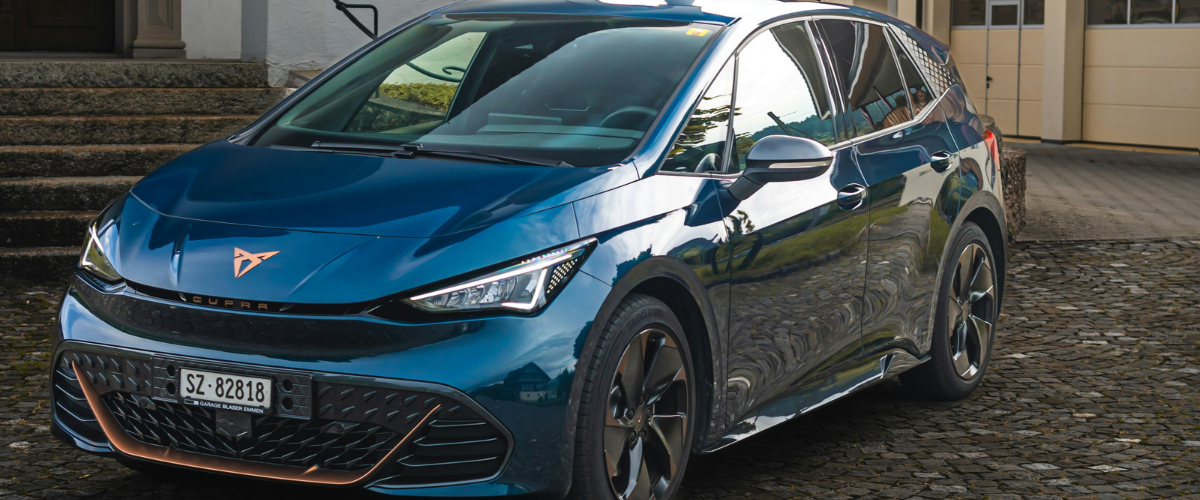
Small EV wins:
1. Smaller car, smaller price
As new — and advanced — tech, electric cars are expensive at the minute. We won’t shy away from the truth. But shopping small means you get all the perks of electric cars at a lower cost than those with larger bodies (think seven-seater electric cars).
For example, according to Carwow, a Fiat 500e costs between £24,995 and £30,995 compared to another beloved EV, the Nissan Leaf, which is priced between £28,000 and £37,000 (AutoTrader). Of course, the bigger the electric car, the bigger the price tag. Just for comparison’s sake, the Tesla Model 3 costs anywhere between nearly £40,000 and £60,000. Again, one of the longest range electric cars, the Mercedes-Benz EQS, costs a gargantuan £100,000, once again highlighting how smaller vehicles are the frugal choice.
Slash the price of an electric car even further by picking a second-hand electric car and reap the rewards at a fraction of the price.
Smaller cars, whether electric or ICE, tend to be cheaper to insure, too.
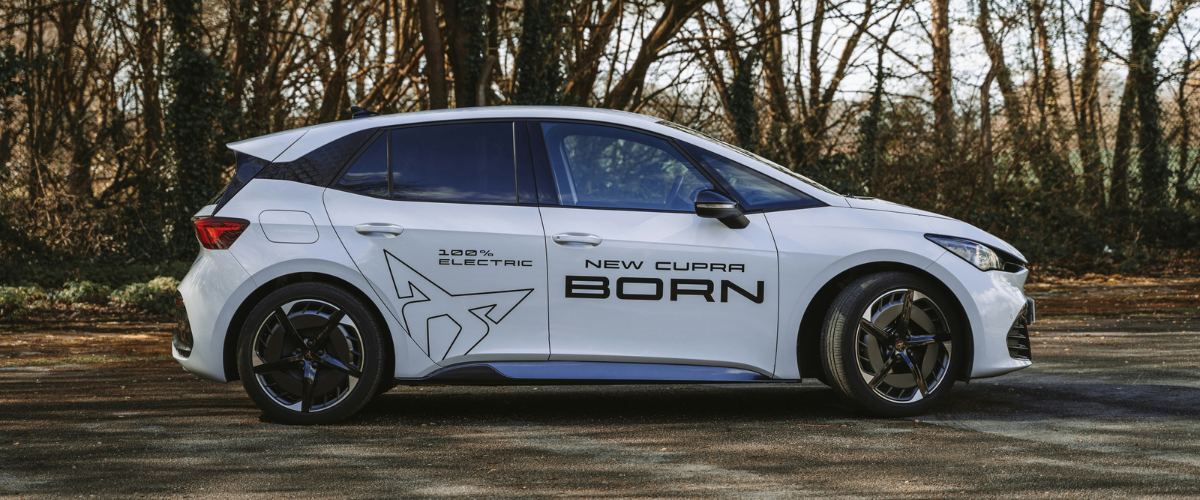
2. The perks of small cars
It goes without saying that small cars have advantages over larger cars, whether electric or not. But we are going to say them anyway. Easy parking. Easy manoeuvring. You’re unlikely to be a designated driver if you can’t pack everyone in, too.
Overall, smaller electric cars are perfect for singles or duos, coming with a set of unique benefits.
The small electric car exception:
If you fancy a smaller electric car so you can nip around the city and park in places larger cars wouldn’t dare to venture for fear of scratches, but don’t want to pay outright, the best solution for you could be choosing a smaller car through an electric car salary sacrifice scheme or leasing.
All the perks with no upfront cost—take advantage of your work’s EV salary sacrifice scheme if you can. Change your mind on the size? No problem. Easily swap your EV if you find you don’t like it. What’s more, you evade risk.
Conclusion – Should you go big or go home?
Unfortunately, if you’ve been with us for a long time, you’ll be sick of this answer—but whether or not you choose a small EV depends on you. If you only need it to get to work and back and a few short coffee trips on occasion, a smaller electric car will be perfect for you—especially when coupled with a home electric car charger.
On the other hand, if you have a large family or travel frequently for work, a larger electric vehicle will be more suited.
Ready for a home EV charger?
Trust We Power Your Car and get easy access to smarter, greener and cheaper home EV charging. Choose from a range of market-leading chargers: Ohme Home Pro, Cord Zero, Indra Smart LUX and more. Sit back and relax as we handle the entire process on your behalf. From enquiry to post-installation, we take the hassle out of your electric car charger and installation – including DNO paperwork.
If you are looking to get an EV charger installed at your home, shop our EV chargers, click below to get your free quote, or contact us for unbiased advice.
Struggling to decide on an electric car charger? Make use of our full guide to the best EV home chargers 2026.
Latest from We Power Your Car
Stay up to date on the latest from We power your car_
I consent to receive newsletters from We Power Your Car. Please see our Privacy Policy
